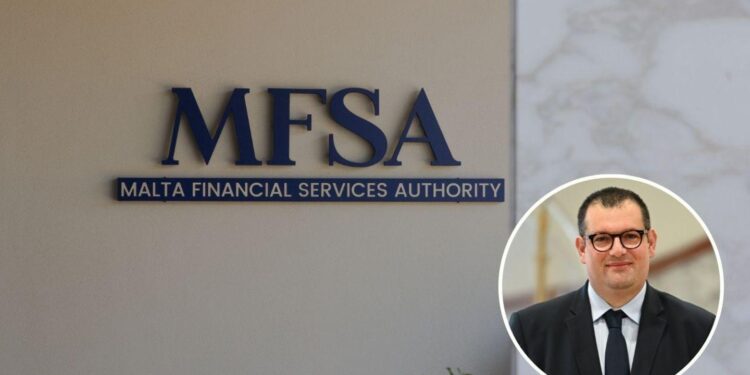Malta’s financial regulator has voiced strong opposition to proposals aimed at centralising cryptocurrency supervision within the European Union, Reuters reports. The move comes amid growing efforts by EU policymakers to establish a unified regulatory framework for digital assets across member states. Malta, known for its crypto-friendly stance, warns that such centralisation could stifle innovation and undermine national regulatory autonomy in the rapidly evolving digital finance sector.
Malta’s Financial Regulator Voices Concerns Over Centralising EU Crypto Oversight
Malta’s financial watchdog has raised critical objections to proposals aimed at centralising the European Union’s regulatory framework for cryptocurrencies. The regulator argues that a one-size-fits-all approach risks undermining the agility and innovation that national authorities currently foster within their jurisdictions. Highlighting Malta’s track record as a leading crypto-friendly hub, the authority emphasizes the importance of retaining localized supervision to adapt to the fast-evolving digital assets landscape.
The regulator outlined several key concerns regarding this centralised strategy, including:
- Potential delays in regulatory responsiveness affecting market innovation
- Loss of nuanced understanding of regional crypto ecosystems
- Increased bureaucratic layers that could burden emerging fintech companies
- Risks of homogenised rules suppressing tailored investor protections
| Factor | Current National Approach | Proposed Centralised Model |
|---|---|---|
| Regulatory agility | High – quicker local decisions | Moderate – slower due to EU-wide coordination |
| Market innovation | Encouraged via customised support | Potentially stifled by uniform rules |
| Investor protection | Region-specific safeguards | Standardised safeguards EU-wide |
Implications for Smaller Member States in the Centralisation Debate
For smaller member states like Malta, the proposal to centralise crypto supervision at the EU level raises significant concerns about sovereignty and effective representation. These countries fear that a single regulatory authority could inadvertently prioritise the interests of larger economies, leaving smaller nations sidelined in crucial decision-making processes. The challenge lies in ensuring that the nuanced needs and agile regulatory approaches embraced by smaller states are preserved rather than overshadowed by a one-size-fits-all regime.
Key considerations for smaller member states include:
- Maintaining flexibility to adapt regulatory frameworks swiftly in response to innovative crypto developments.
- Guaranteeing proportional influence within any centralised supervisory body to protect national interests.
- Preserving existing expertise and trust built between local regulators and crypto businesses operating within their jurisdictions.
| Impact Area | Potential Risk | Desired Outcome |
|---|---|---|
| Regulatory Agility | Reduced due to central oversight delays | Retain rapid response capabilities |
| National Influence | Limited voice in EU-wide decisions | Ensure proportional representation |
| Market Confidence | Potential loss of local trust | Maintain trusted relationship with businesses |
Experts Recommend Enhanced Collaboration Instead of Full Regulatory Consolidation
Industry experts emphasize that while strengthening coordination among national regulators is crucial, a complete overhaul leading to a centralized EU crypto authority may introduce more challenges than solutions. They highlight that retaining a network of robust but independent national bodies allows for tailored approaches that reflect the diverse financial ecosystems across member states. Enhanced collaboration mechanisms are seen as a more balanced path, providing agility in regulation without sacrificing oversight quality.
Key points raised by advisors include:
- Cross-border information sharing to tackle illicit activities effectively
- Standardizing best practices while keeping implementation flexible
- Pooling expertise to address emerging technological trends
- Preserving regulatory competition to avoid stifling innovation
| Collaboration Element | Benefit |
|---|---|
| Information Sharing | Improved monitoring and response speed |
| Best Practice Guidelines | Consistency with local flexibility |
| Joint Task Forces | Expertise pooling for complex challenges |
| Regulatory Dialogue | Stimulates innovation-friendly regulations |
Future Outlook
As the debate over the future of cryptocurrency regulation intensifies across the European Union, Malta’s financial regulator remains a vocal opponent of efforts to centralise supervisory authority. Advocating for a balanced approach that preserves national oversight while ensuring market stability, Malta’s stance underscores the complexities faced by regulators striving to keep pace with the rapidly evolving crypto landscape. The outcome of this dispute will be closely watched, as it holds significant implications for the EU’s regulatory framework and the future of digital asset supervision within member states.
















